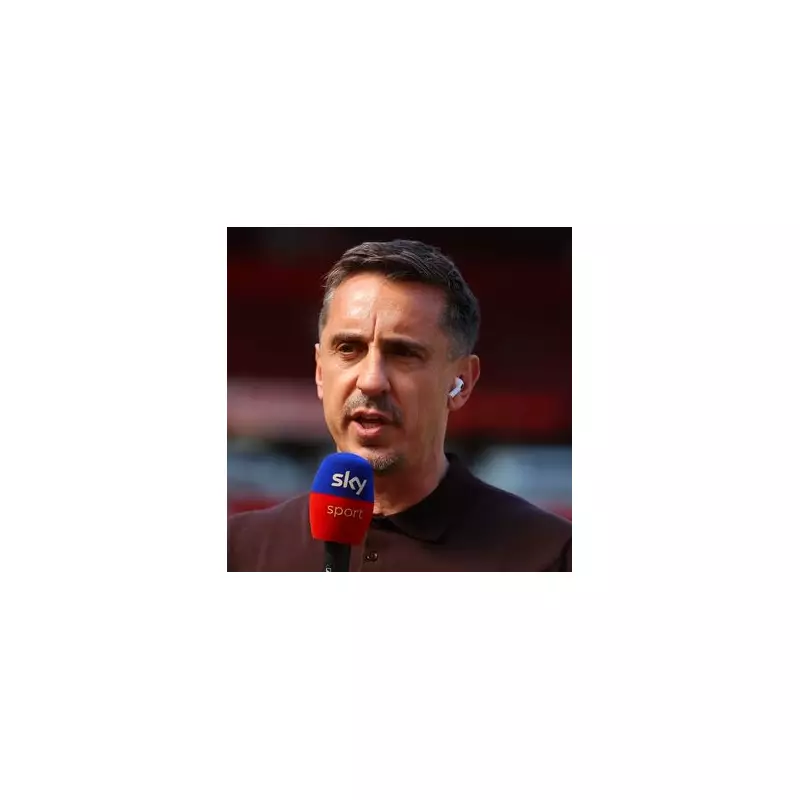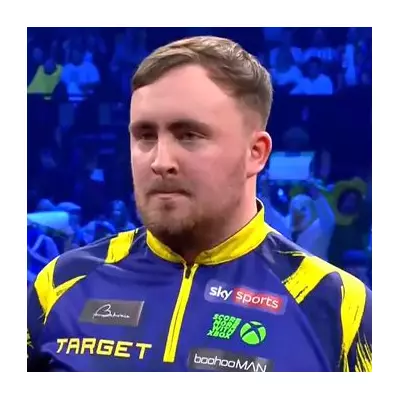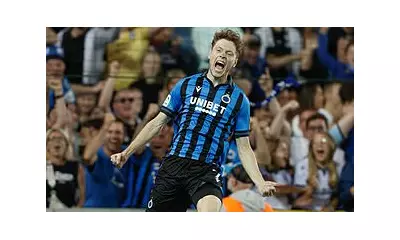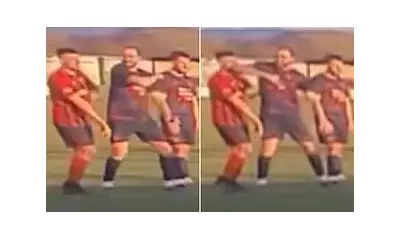
Former Manchester United defender and football pundit Gary Neville has launched a stunning silent protest against the Football Association's controversial decision to scrap FA Cup replays, calling the move "disgraceful" and a devastating blow to smaller clubs.
The Silent Stand
Neville, co-owner of League Two side Salford City, made his powerful statement without uttering a single word during a recent broadcast. The Sky Sports pundit deliberately avoided discussing the decision on air, letting his silence speak volumes about his fury towards football's governing bodies.
"I was asked a question about the FA Cup replays and I didn't answer it because I was so offended by it," Neville revealed after his on-air protest. "I thought it was disgraceful for the Premier League and the FA to even consider that."
Financial Devastation for Smaller Clubs
The removal of FA Cup replays represents a catastrophic financial blow to non-league and lower-division clubs. These replays often provide crucial income that can determine whether smaller clubs survive or face administration.
Neville emphasised the stark reality facing grassroots football: "The FA Cup replays for the smaller clubs are an absolute financial bonanza. To even consider taking that away from them is an absolute disgrace."
A Pattern of Disregard
This isn't the first time Neville has spoken out against decisions that favour elite clubs at the expense of the football pyramid. He sees the FA Cup replay decision as part of a worrying trend that prioritises the interests of top-tier clubs over the health of the entire football ecosystem.
"We've seen over the last five to ten years decisions being made in the Premier League to suit the top clubs," Neville stated. "This is another one that suits the top clubs in the Premier League."
The Ripple Effect on Football's Foundation
The consequences extend far beyond immediate financial losses. FA Cup replays represent dreams for smaller clubs - the chance to host bigger teams, create historic moments, and inspire future generations of players and supporters.
By eliminating these opportunities, football's governing bodies risk severing the connection between the elite level and the communities that form the sport's foundation. Neville's protest highlights the growing divide between football's haves and have-nots.
As the debate continues, one thing remains clear: the voice of protest is growing louder, and those making decisions at the top would be wise to listen before irreparable damage is done to England's football pyramid.





